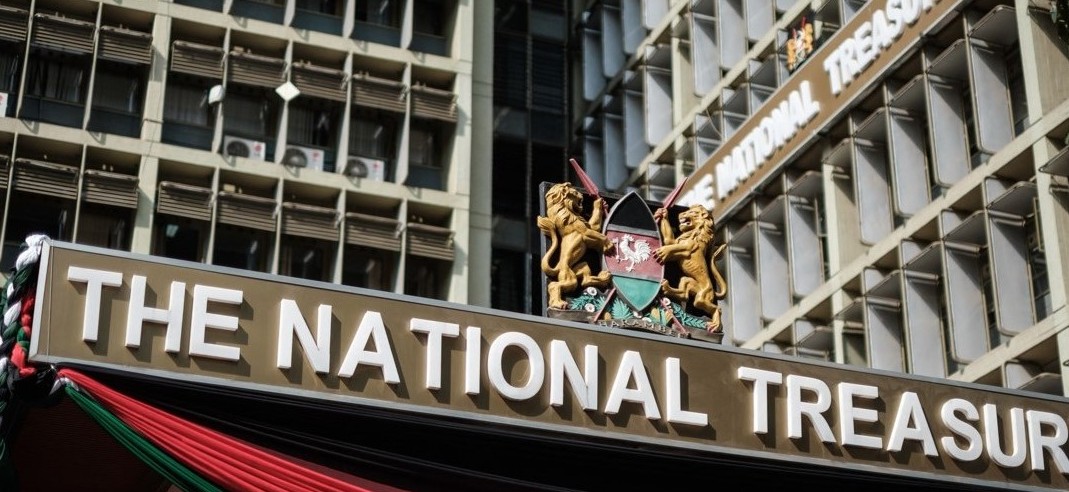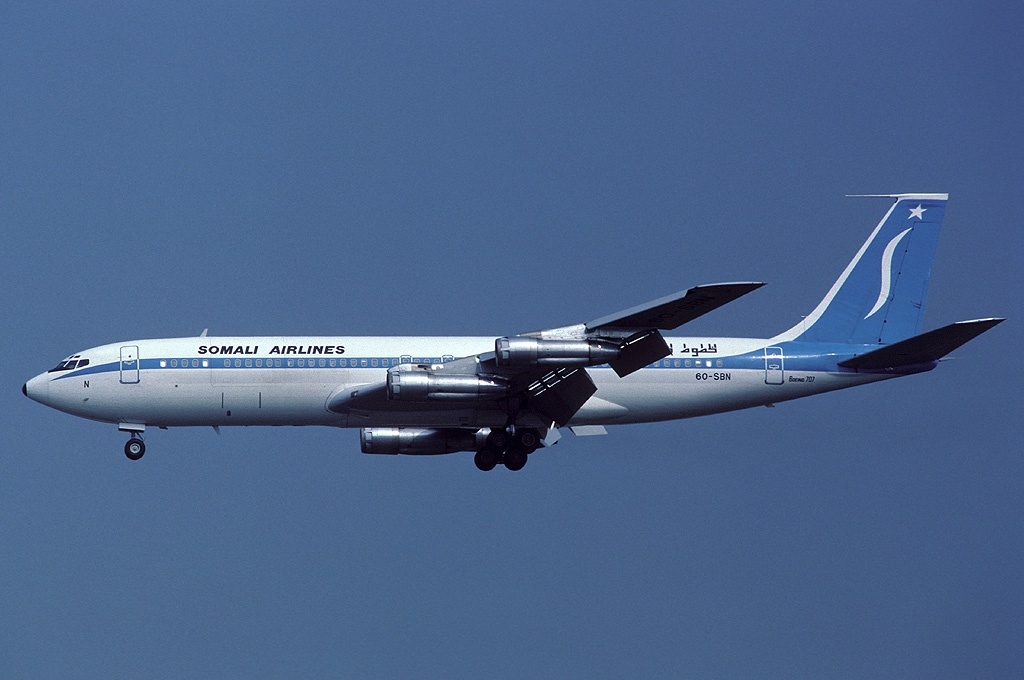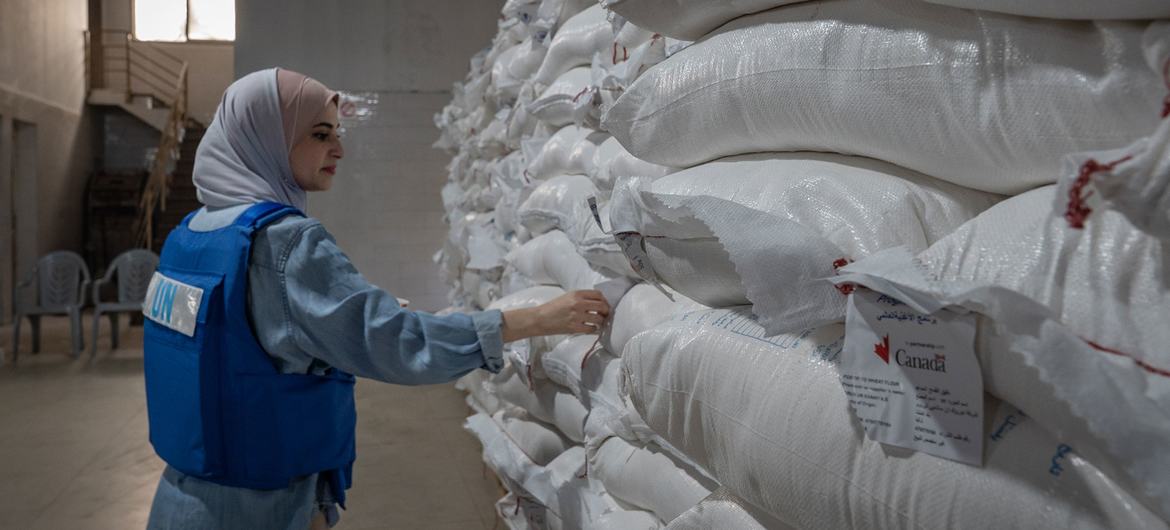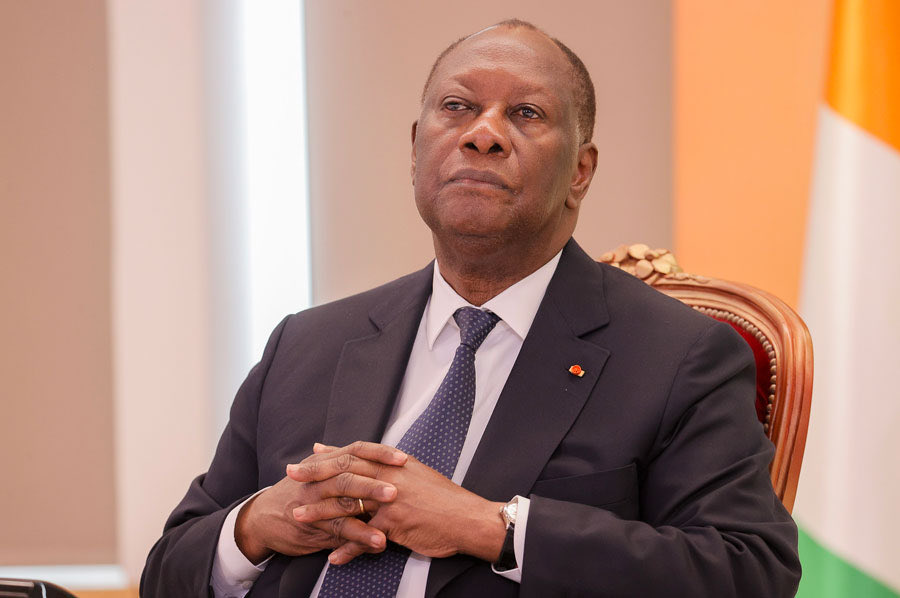Majority of Kenya’s unclaimed assets under Sh1,000 - Auditor General

The audit highlights how many holders of small amounts are deterred from claiming their funds because they face mandatory expenses such as travel, notarisation, and certification.
A large proportion of Kenya’s unclaimed financial assets are tiny amounts, putting the government under scrutiny to make the recovery process easier for citizens.
Recent findings show that most of the Sh65 billion held by the Unclaimed Financial Assets Authority (UFAA) consists of low-value items that are rarely claimed due to high costs and complicated procedures.
More To Read
- 20 firms fined Sh2.2 billion for failing to remit unclaimed financial assets
- MPs push Treasury to curb rising fees on unused foreign loans
- Auditor faults UDA for lacking proof of Sh2 billion land assets
- Billions locked in stalled county projects across the country - CoB Margaret Nyakang'o
- MPs grill SHA over Sh91m legal costs, disputed Karen land and stalled NHIF projects
- Auditor General flags CBK for hiring unqualified managers, ignoring HR Policies
Auditor-General Nancy Gathungu reported that out of 20 million unclaimed assets, 17.7 million, about 88.5 per cent, are valued below Sh1,000. Cash sums of less than Sh100 are the most common, accounting for 61.5 per cent, or roughly 12.3 million records.
The audit highlights how many holders of small amounts are deterred from claiming their funds because they face mandatory expenses such as travel, notarisation, and certification.
Claimants are required to present forms with certified copies of their national ID and Kenya Revenue Authority PIN certificate, with certification costs averaging Sh500.
Additionally, they must visit the office of the asset holder in person to obtain an official confirmation letter, increasing both the time and cost involved.
“Due to the non-differentiated nature of the claim process, apparent owners of unclaimed financial assets that were relatively low in value incurred the same cost as high-value claimants.
Consequently, fewer claims were lodged, leading to a low reunification rate,” the Auditor-General noted.
The Treasury was criticised for not implementing UFAA’s proposed reforms, which included a single standardised form allowing claimants to sign without requiring judicial or legal certification.
The agency said this would reduce the cost burden and encourage more Kenyans to reclaim their assets.
While the majority of unclaimed funds are small, their combined value is significant. UFAA previously indicated that assets below Sh5,000 totalled about Sh43 billion.
Many of these amounts have remained idle due to forgotten accounts, relocation, death, or lack of awareness. Dormant mobile money accounts also contribute, as they are sometimes reassigned to new users.
On the higher end, around 2,000 unclaimed records are valued between Sh500,000 and Sh750,000, while 22,000 fall in the Sh100,000 to Sh500,000 range.
The Auditor-General recommended that UFAA expand its presence through Huduma Centres to make services more accessible.
“The audit established that the authority intended to deploy their staff in the Huduma Centres, although they had yet to recruit the required staff. This contributed to the low number of claims lodged and ultimately the low reunification rate,” Gathungu explained.
As of August 2024, UFAA had received Sh65 billion in unclaimed assets, but only four per cent had been returned to their rightful owners.
The classification of unclaimed assets depends on the type; for instance, bank accounts are considered dormant after five years, while utility deposits are unclaimed after two years of inactivity.
If urgent measures are not taken, Lawlor warned, Kenya risks international criticism and potential restrictions on aid, which could affect the country’s reputation and financial support.
Top Stories Today












































